Even if you're going the self-publishing route, there are still a number of reasons you'll want to have a good pitch for your novel written and memorized: entering contests, afternoon tea with other writers or potential readers who want to know what your book is about, or, if you're toying with the idea of going traditional, the possibility of meeting an agent or editor at a writing conference or other writing hangout. Another good reason to develop a novel pitch is because of the practice it provides us writers of, essentially, writing a super-short piece of flash. Some say writing a novel is easier than writing short fiction because you don't have to worry about quick, direct exposition of ideas; you can simply let a story unfold at its own pace. Yet any good writer will benefit from being able to craft a short story, and a pitch is the shortest story you can tell about your novel. Which is why they are so hard.
A good pitch needs to leave readers with a sense of both the novel's main character's inner journey and outer journey, but doesn't necessarily need to spell out all of the events that might affect them. Remember the distinction between telling people what your story is about (which is what people want to know) versus what happens in the story (which is what they'll discover as they read it). The events you mention need to all be clearly associated with each other so readers get a sense of the cause-and-effect plot arc and aren't lost in a sea of disconnected details.
Formula for a four-paragraph pitch:
Hook (emotional or personal)Theme Stakes Cliffhanger ending
The first paragraph is where writers blurt out the extremely (and by extremely, I mean think of this as the oxygen that blows vital life force into the lungs of your pitch) crucial hook. Why should readers care about this story? Readers have no investment in an amorphous, fictitious world yet (unless your book is a later release of a series), so start with something that will make them emotionally or personally connected to the story or its characters. In short, make us care.
Then move into the theme. What is the overall story about? An epic adventure where destiny triumphs over love? A sword and sorcery tale where only the truth is more powerful than magic? Or something more sublime such as tolerance (sexual, racial, religious, or what have you) is the only path to salvation? Describe this theme using a few specific and descriptive, but not confusing, events from the story, and keep them as linear and as tightly linked as possible. In other words, make us think.
Then tell us why it matters. Who stands to win or lose, and what do they stand to win or lose? Is it a matter of being mistaken for a criminal and possibly being locked up for life? Or even worse, is the main character's fate inextricably linked to the fate of the world, and if one dies, so does the other? In other words, thrill us.
And finally, the cliffhanger ending should take us to the point where the greatest obstacle is unveiled and faced, while subtly cluing us in to what will happen if it isn't overcome. Leave readers scared, nervous, worried, and uncertain, but not confused, angry, or bored. In other words, make us buy your book.
When it comes to pitching to an agent, you may be interested in reading my post: If at First You Don't Succeed. For more pitch and query help, don't miss literary agent Janet Reid's Query Shark blog.
Does anyone have an example of good or bad pitch strategies or experiences? Please feel free to share them with us.
Enjoy what you've seen so far? Subscribe by using the 'Click to Follow' button or enter your email near the top of the page, and never miss a post.
All content copyright unless otherwise specified © 2013 by Tammy Salyer, writer. All rights reserved. Permission is granted to use short quotes provided proper attribution is given.



